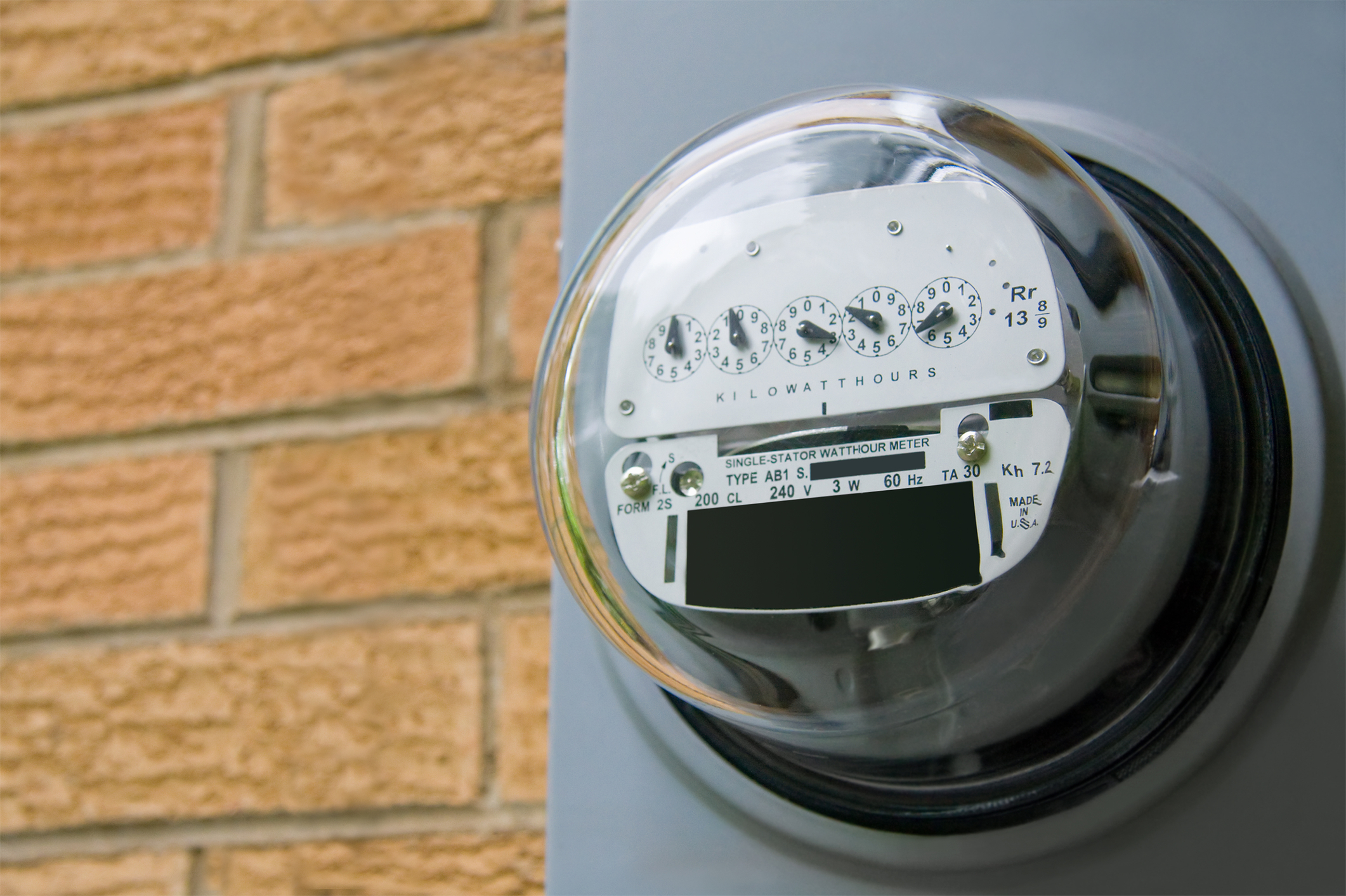TRENTON, NJ – If you’re still behind on paying your utility bills in New Jersey due to the extended business closures, shutdowns, and limited capacity executive orders issued by Governor Phil Murphy during the 2020-2021 COVID-19 pandemic, there’s good news and bad news.
First, the bad news. Starting Tuesday, the utility shutoff moratorium ends in New Jersey. That means if you’re delinquent on your gas, electric, oil, or other utility bills, the utility companies can resume collections efforts and even shut your service off.
The moratorium against utility shutoffs was part of a national and state protection program that was designed to help New Jerseyeans stay afloat while out of work, or perhaps their businesses were forced to close down during the pandemic. It was aimed to give residents who were suffering due to the lockdowns a fighting chance to stay on their feet and in their homes, lighted and warm.
The good news is, the utility companies are still willing to work with you, but time is running out. They need to start recovering the hundreds of millions of dollars in overdue utility bills.
JCP&L, one of the largest energy providers in the state is still willing to work with delinquent accounts.
Jersey Central Power & Light is urging residential customers experiencing financial hardship to contact the company as soon as possible to establish an affordable payment arrangement or obtain assistance before the winter utility disconnection moratorium is lifted and shut-offs for nonpayment resume beginning March 15.
“Many of our customers are unaware of the various utility bill assistance programs available to them, which often prevents them from taking advantage of income-based financial assistance for which they are eligible,” said Michelle Henry, senior vice president of Customer Experience at FirstEnergy. “Our dedicated Customer Service team is eager to walk customers through this process, and our hope is that customers will hear our employees’ stories and feel more comfortable reaching out to us for assistance.”
New Jersey Natural Gas is offering customers payment assistance programs.
“Whether you are faced with temporary or unexpected circumstances or on a limited income, you have options. NJNG also offers no-interest, flexible payment arrangements to help you catch up on your energy bills,” NJNG said in a statement.
Don’t throw away your junk mail. You might have received a letter from the NJ Department of Community Affairs about your eligibility for state aid for your utility bills.
Under the Community Action Program, money is available to qualified residents. NJNG is also hosting several energy assistance days across the state in March and April. There are 8 key programs you should be aware of, including the Low Income Housing Energy Assistance Program (LIHEAP), Emergency LIHEAP, Universal Service Fund Frest Start Program, NJ Lifeline Credit Program, Payment Assistance for Gas and Electric (PAGE), New Jersey Shares, Monmouth County Emergency Energy Assistance for Renters and Gift of Warmth. Information about all of these programs can be found here.
Here are some of the programs available to assist JCP&L customers who are still struggling from the COVID-19 pandemic, shutdowns and job losses:
• Lifeline: Offers a $225 annual benefit to persons who meet the PAAD eligibility requirements, or who receive Supplemental Security Income (SSI). For additional information, call 800-792-9745.
• Universal Service Fund (USF): Helps eligible residential customers maintain electric service by offering a monthly bill credit – up to $180 per month for electric and gas combined. The USF Fresh Start program now provides forgiveness of overdue balances regardless of previous participation in the USF program. Apply for USF and LIHEAP online at www.nj.gov/dca/dcaid or call 800-510-3102 to have an application mailed to you or to find an application agency near you.
• The Home Energy Assistance Program (HEAP): Helps eligible residential customers with their heating and cooling bills and makes provisions for emergency heating system services and emergency fuel assistance within the program. Apply for USF and LIHEAP online at www.nj.gov/dca/dcaid or call 800-510-3102 to have an application mailed to you or to find an application agency near you.
• The Weatherization Program: Includes the installation of home energy measures that can help reduce energy bills. Weatherization programs include Comfort Partners, sponsored by the New Jersey Board of Public Utilities. For additional information, visit www.njcleanenergy.com and click on “Residential,” or call 800-915-8309.
• Payment Assistance for Gas and Electric (PAGE): Aids low- to moderate-income households who are experiencing economic hardship and struggling to pay their electric and natural gas bills. Customers with zero or low income are encouraged to apply for the Universal Service Fund (USF) or Home Energy Assistance Program (HEAP) in addition to the PAGE grant. For more information, visit www.NJPowerOn.org or call 732-982-8710.
• New Jersey SHARES: Offers an annual benefit of $700 for households who are having difficulty paying their electric bills. The fund helps those who need assistance because of an illness, job loss or other problem that has created a financial hardship but are not eligible for other income or age-based programs. Customers denied LIHEAP, USF and PAGE may be eligible for a NJ SHARES Smart Utility Assistance grant. For additional information, call 866-657-4273 or visit www.njshares.org.
• 2-1-1 Helpline: This nationwide resource and information helpline identifies locally available programs that may assist customers with utility bills or other needs. For more information, dial 2-1-1, text your ZIP code to 898211, or visit the 2-1-1 website.
